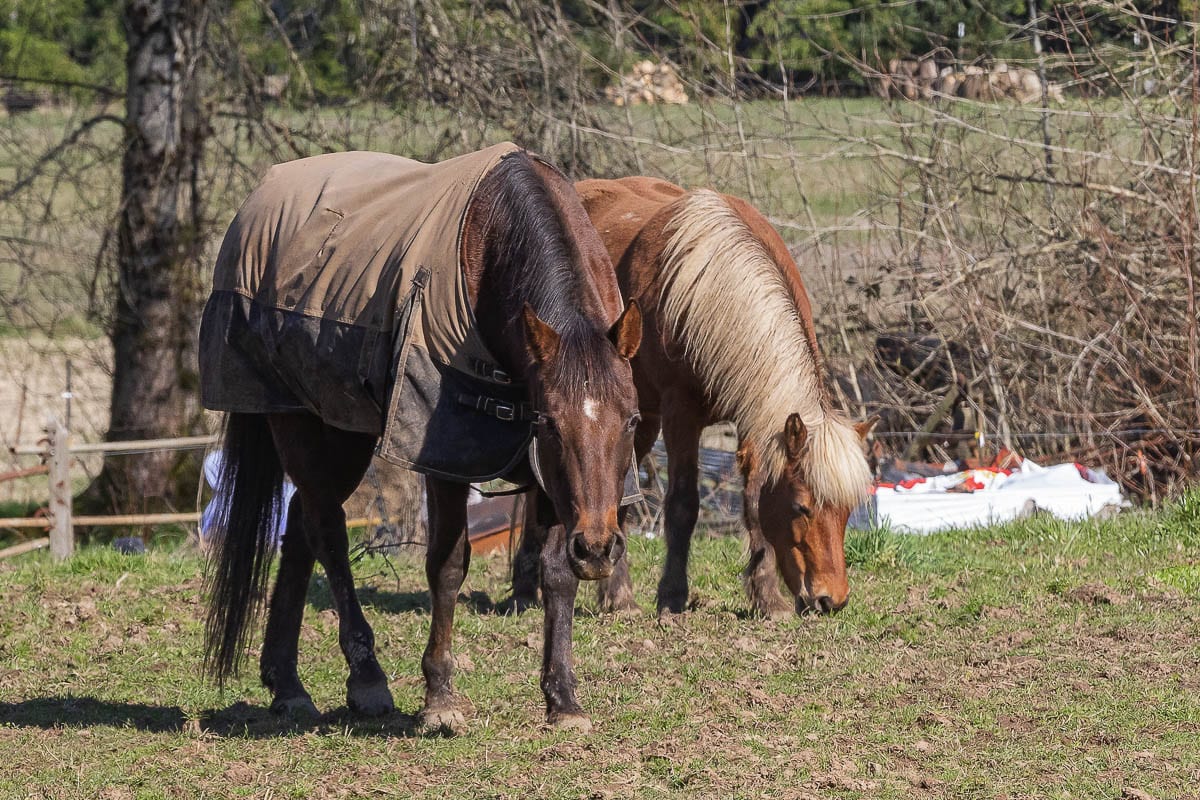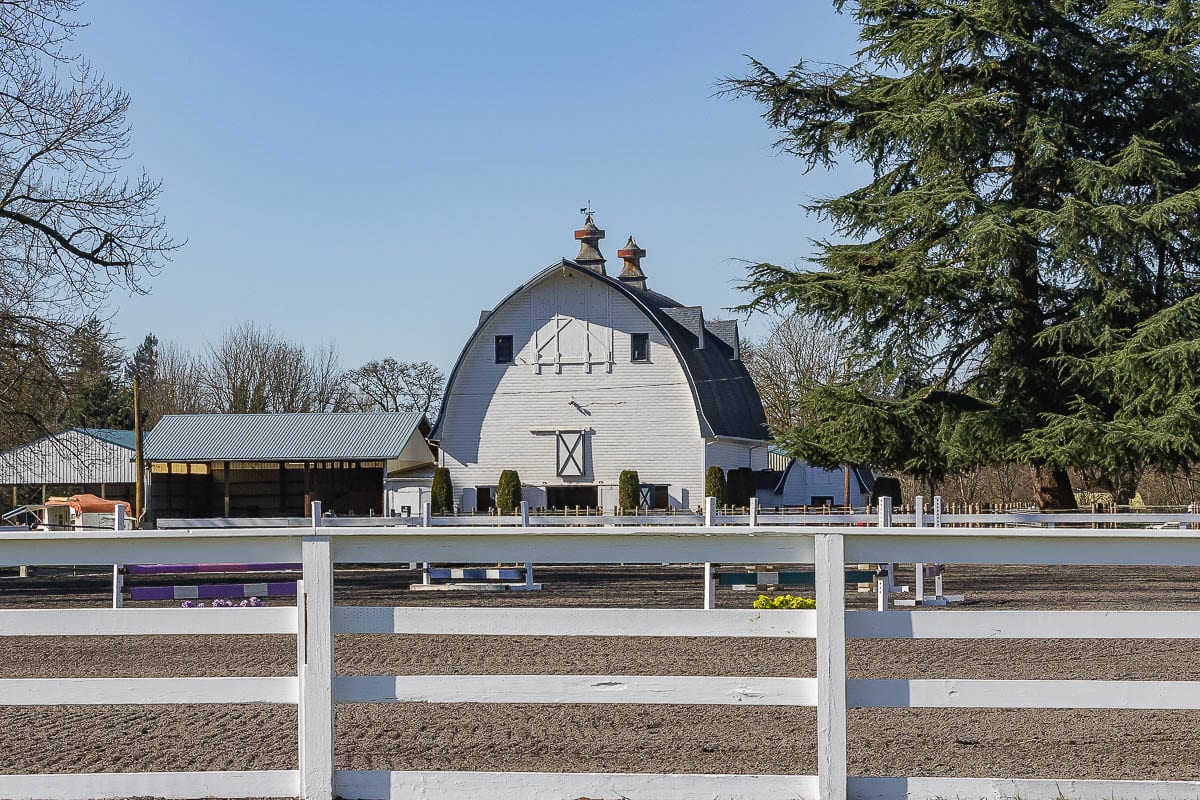The goal is to simplify things so more horse-related business owners can be in compliance with the law
CLARK COUNTY — It hasn’t exactly been a gallop, but Clark County is moving ahead with plans to address concerns raised by members of the equestrian community.
At a council meeting this week, Code Enforcement Director Mitch Nickolds detailed feedback from an Oct. 7 public hearing.
“There was a large interest in redefining public versus private facilities,” Nickolds summed up.

The issues go back a few years when several complaints prompted the county to look into some equestrian facilities, and follow up with notices that they were out of compliance with regulations.
Getting into compliance, however, would have cost tens of thousands of dollars, many of the business owners pointed out, prompting backlash and, eventually, a series of heated public meetings.
“We heard from a lot of supporters of the industry saying, ‘hey, this is unfair to us,’” Nickolds said this week. “And when that became a crescendo, they approached Council and asked for assistance in looking at reviewing the codes to make them clearer.”
There are anywhere from 20,000 to 30,000 horses in Clark County, many of which stay on hundreds of smaller farms, often repurposed from former dairy or agricultural facilities.
“Over the past three years, we’ve only had seven or eight complaints about equestrian facilities,” Nickolds pointed out. “For the most part, folks who have these facilities are managing them properly.”
Still, pointed out Councilor Gary Medvigy, most of those facilities are technically operating without legal permits.
“It doesn’t tell me that they’re wrong,” he added. “What it tells me is that the code is so onerous that everyone wants to avoid it, and not get dialed into it. So we need to improve all of it.”

Councilor Julie Olson echoed Medvigy’s sentiment, saying the code needs to be simplified and made clear, so everyone feels comfortable they’re complying with the law.
“It’s simply our really onerous and expensive permit process for very simple structures, and the cost associated with this process,” Olson said. “And if we look at that, as it relates to both the ag structures and the equestrian code, I think we can do some really good headway here for our community.”
The council instructed Nickolds to reach out to stakeholders and form a community taskforce to examine the issue more closely.
While most equestrian-related businesses operate without complaints from neighbors, Nickolds added, the process shouldn’t ignore their concerns, including traffic volume on narrow streets, and potential damage to roadways from equipment.
Overall, the council appeared heavily committed to finding a path forward that helps keep horses a key part of the area’s rural communities.
“The equestrian community is in the DNA of Clark County,” said Council Chair Eileen Quiring O’Brien. “I mean, the numbers are phenomenal.”




